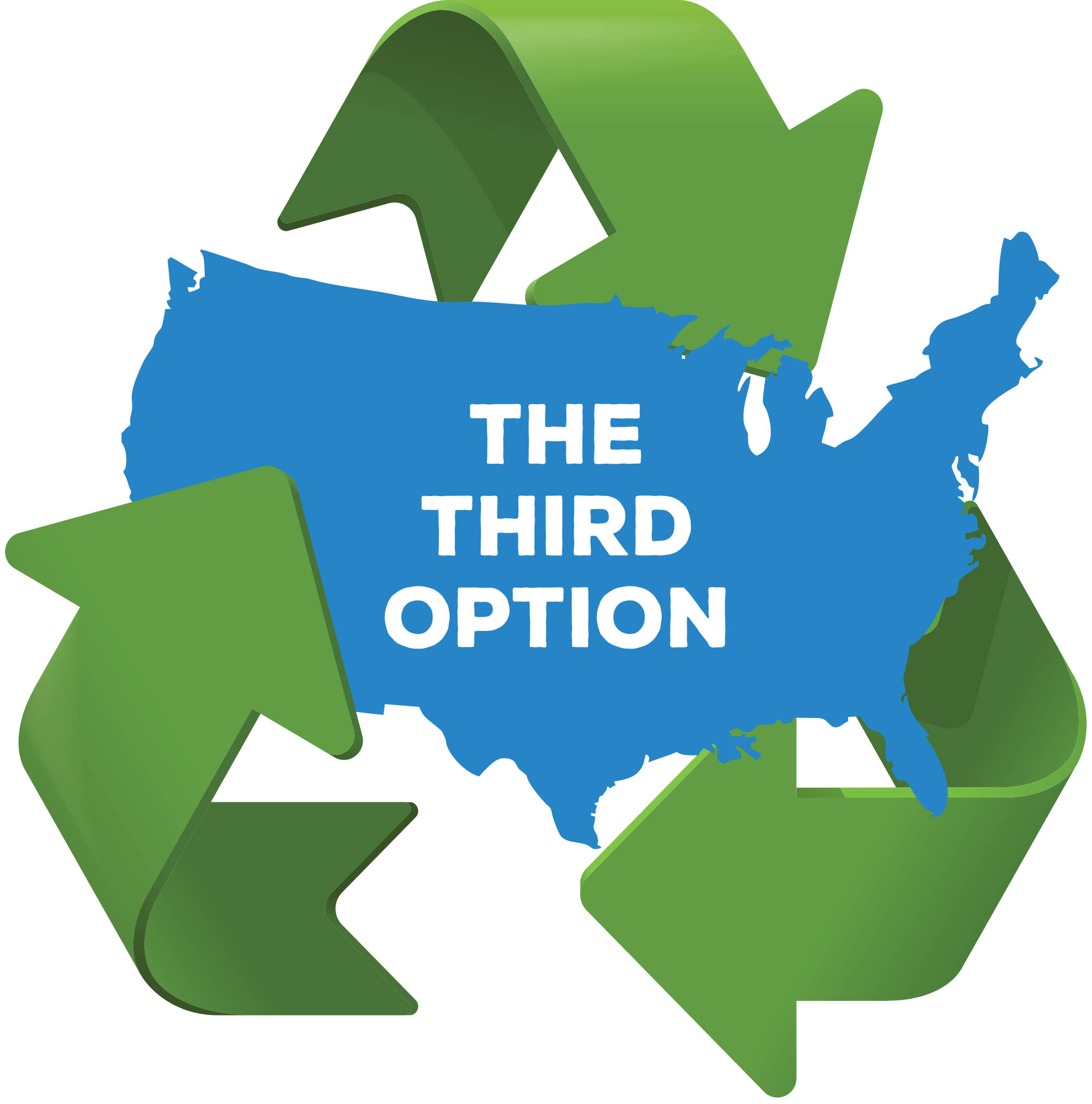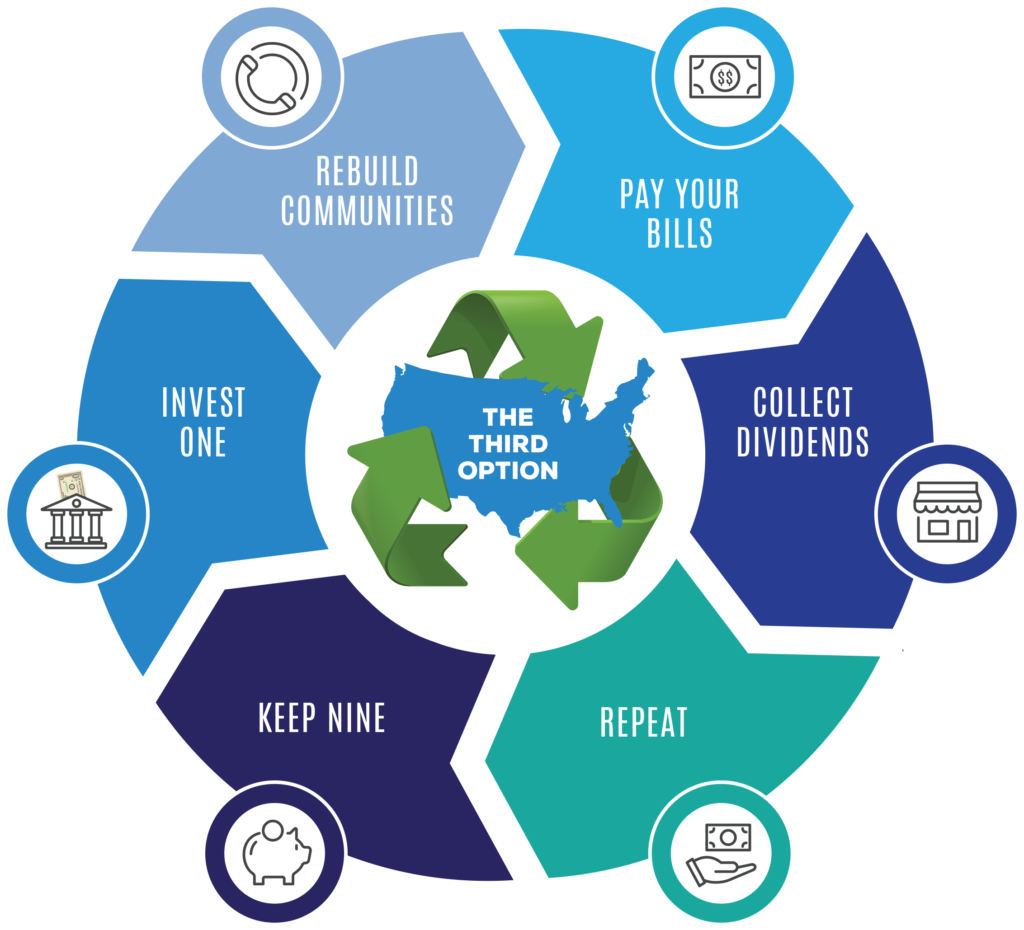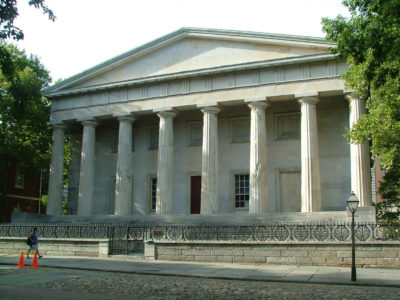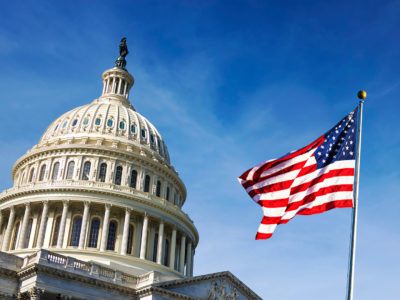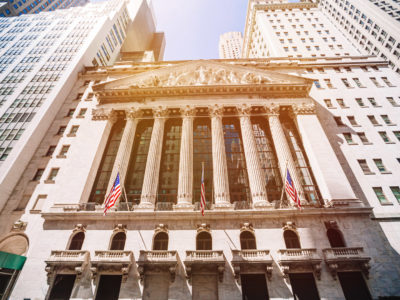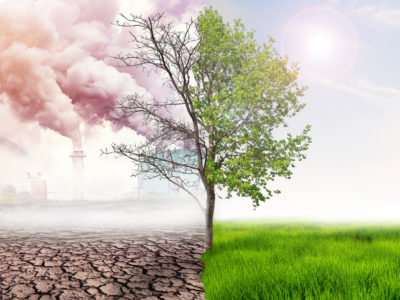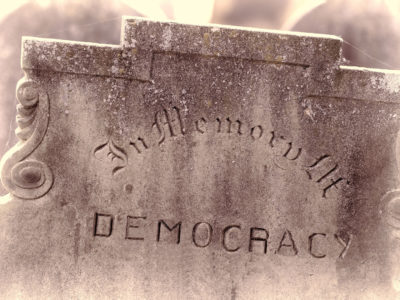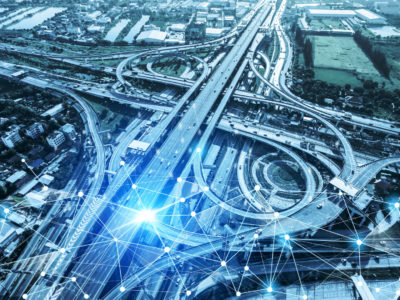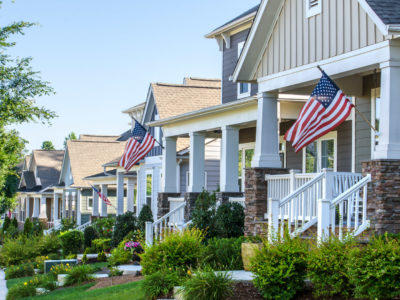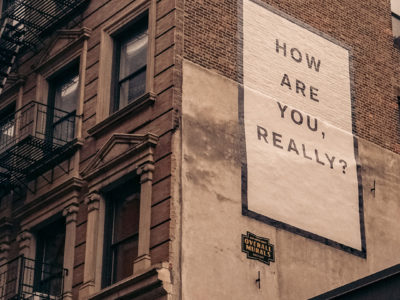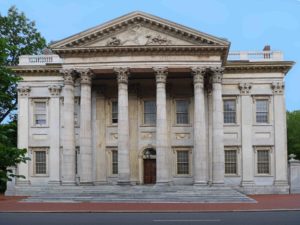
The Third Option
Future Economic Operating System Of Planet Earth.
To verify the economic logic of a National Public Bank, The Third Option painstakingly researched and catalogued the four-billion-year history of economics on this planet; our findings show that only in the last 5,000 years has economics been significantly altered. See all findings here on the Biological Economics page.
We Are Bringing Back Hamilton’s National Bank
Why? Because it was America’s original bank, designed to secure and serve American Democracy. The Third Option will use it to advance Democracy’s Version of Capitalism, so both Democracy and Capitalism can finally A) be themselves, B) get along, and C) work seamlessly together. Prepare for Government at under one-sixth the cost, and Capitalism at never-before-seen economic torque and horsepower. Simpler. Smarter. Sustainable. Maximum Efficiency and Effectiveness. This is the future of American Economic Democracy.
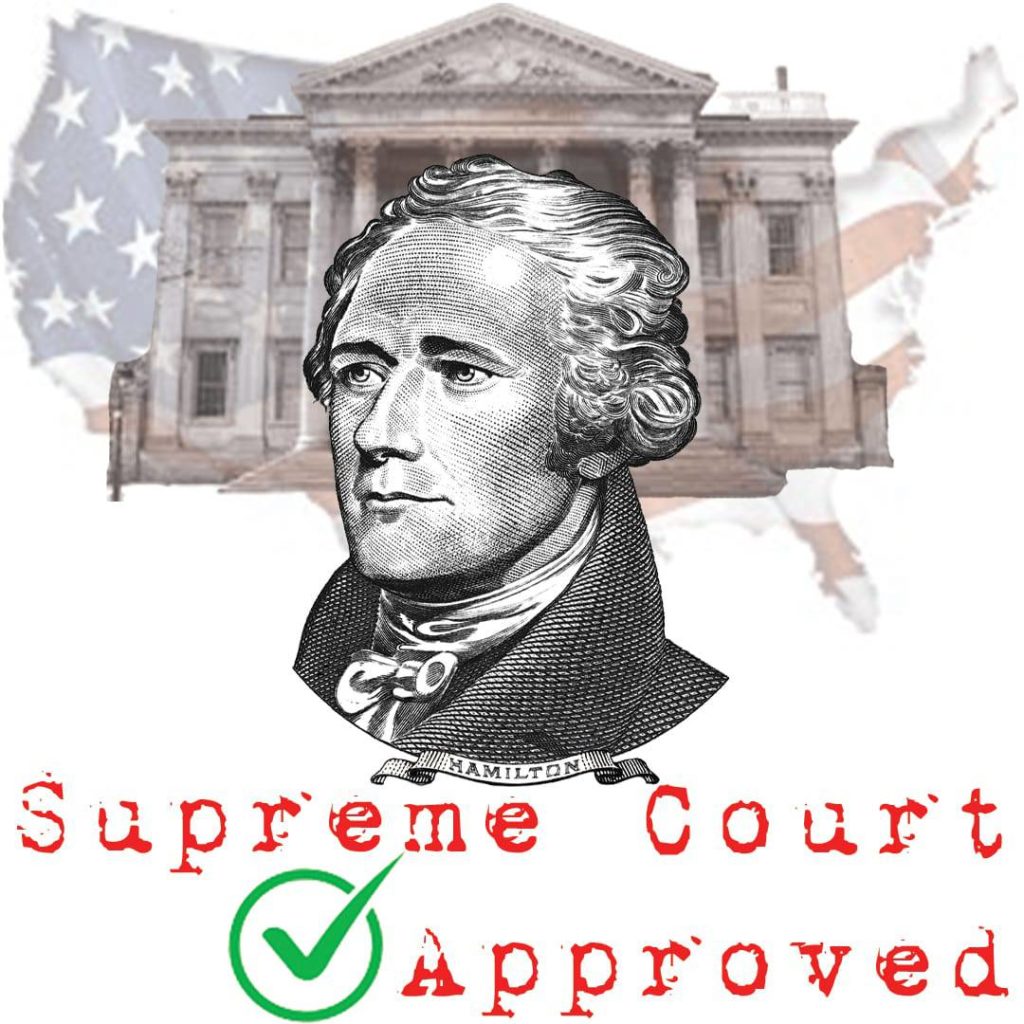
Alexander Hamilton, first secretary of the Treasury under the new Constitution, founded The First Bank of the United States in order to establish a standard U.S. currency. Fifteen years after Hamilton’s death, private sector banks made a failed attempt to get rid of the National Bank. In “one of the first and most important Supreme Court cases on federal power”, McCulloch v. Maryland (1819), the Court declared the National Bank “Necessary and Proper”, and gave Congress legal power to establish and maintain one. That decision has remained to this day.
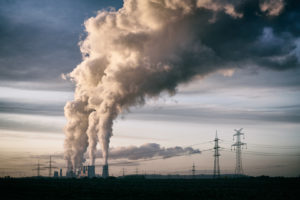
What A National Bank Could Do
Investment can and should be debt-financed.
Paul Krugman
No more income tax, payroll tax, or state tax. Now, for every $10 you make, you would ‘keep nine’ and ‘invest one.’ Currently, United States G.D.P. hovers around $21 trillion, which means our U.S. Treasury would collect $2.1 Trillion every year, then disburse this money equally among 3,300 National Public Bank branches, one in each community (population: 100,000 residents).
Essential Needs—like food, water, housing, transportation, energy,
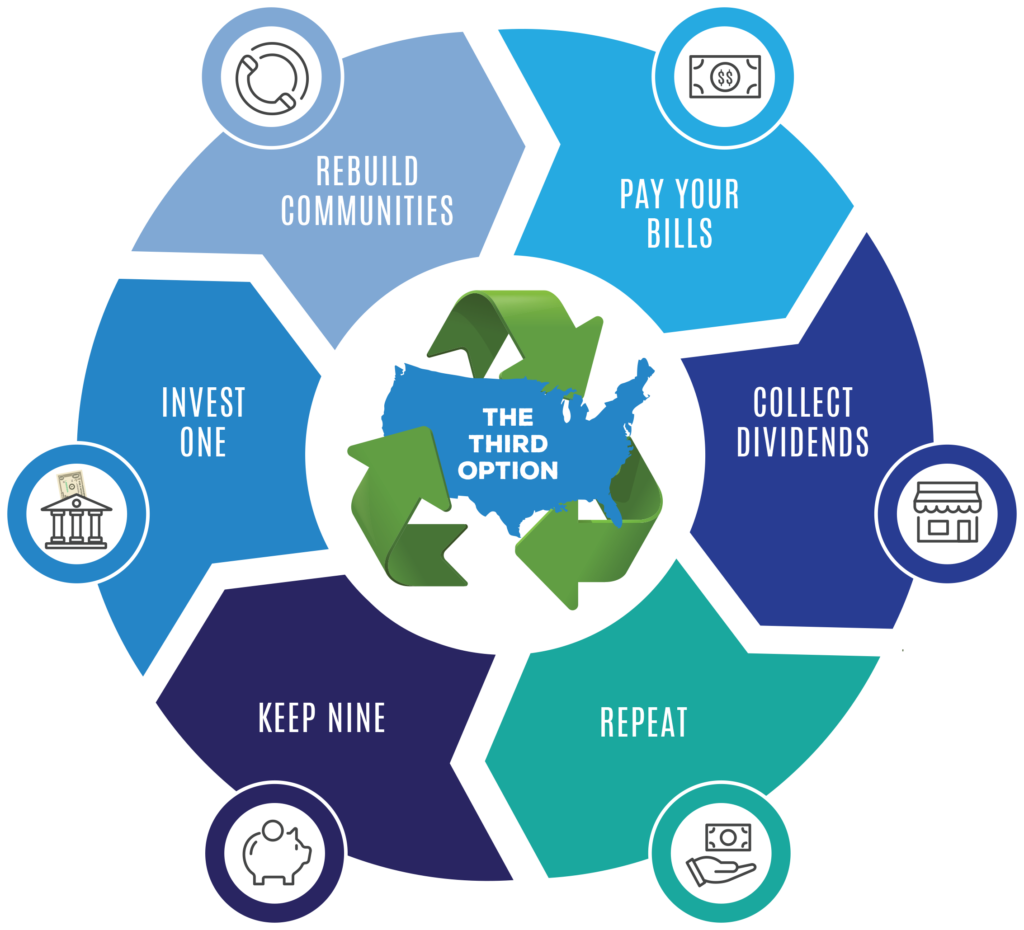
communication, healthcare, and education—all come with infrastructure attached. As we ‘rebuild communities’—utilizing National Bank ‘loans’—you would help pay them back (at 4% interest) every time you ‘pay your bills’ (rent, mortgages, premiums, utilities, etc.). These services could now be provided ‘at cost’ (#AffordableLife). When we retire, each of us would ‘collect dividends’—all our money back ‘plus interest’—again, disbursed equally.
Why You Should Care
Whether you are born into injustice or born sheltered from it won’t matter; invariably, you will feel the sting of it. Something bad is going to happen to you; something not only unconscionable but seemingly preventable. As you attempt to wrap your head around it, you become aware you are not alone in your suffering; …
How Is This Different Than What We are Already Doing?
Our Current Economic Vehicle: Capitalisms Version Of Democracy
(Spoiler Alert: It is the reason for ’Big Government’)
To That End, Government Currently…
- Gives the wealthy access to federal land for livestock grazing, extraction of timber, oil, coal, and other resources.
- Allows them to make cheaper (and thus more profitable) products, like gasoline, plastic, or artificial foods, even though they have been proven hazardous.
- Pays for a military, in order to protect overseas business interests, and subsidize private weapon sales.
- Subsidizes the cost of education, unemployment, health care, and retirement for laborers, so the private sector can pay workers as little as possible.
- Bails the wealthy out if they get into any financial trouble, with both direct payments, and tax breaks.
- Subsidizes essential businesses, like health care, housing, food, communication, energy, and higher education, giving them grants, tax breaks, and reimbursements, so they can continue to charge whatever they can get for things essential to human survival.
- Pays for all the infrastructure, so Capitalism itself can run smoothly.
- Helps create new products in technology, health, transportation, security, energy, etc., for the private sector to peddle to the same consumers who funded these government innovations.
- Gives them personal access to government officials, to make sure all their needs are met.
- Lowers taxes for the most wealthy, so they do not have to contribute to any of what is basically designed to serve their interests.
This, of course, leads to what we call Big Government, which ironically, everyone assumes is Government’s fault, but it is simply the cost of Capitalism. Capitalism, in reality, operates at a loss. The cost of Government, and the current National Debt, is a financial measure of how much Capitalism runs over-budget each year.
The Third Option Economic Vehicle: Democracy’s Version of Capitalism
(Spoiler Alert: It is the solution to ‘Big Government’)
In the Third Option version…
Money would still be the fuel, and Capitalism still the engine, but now Money would circulate through one source – a National Public Bank – making it the heart of the economy. This would turn everything we now think of as ‘debt’ into a source of potential profit. Because the value of money is made ‘legal tender’ by the power vested in government, and government is ‘We the People’, each citizen would logically be entitled to a ‘share’ of whatever profit money produces. In this way, a version of ‘democratic equality’ can finally be realized.
The interest from all the money we create through bank loans is the first source of shared wealth. Because the original National Public Bank was created by Congress to ‘lay and collect taxes’, in order to be used for whatever was ‘necessary and proper’ to ‘promote the general welfare’, another way we can all retain a share of the wealth of our nation, is by dropping our income tax money directly into the National Bank (as it was originally designed), to serve as the investment capital for whatever we deem ‘necessary and proper’ to ‘promote’ our ‘general welfare’. A third source of ‘shared wealth’ could be some small amount of ‘rent’ charged on all the natural resources of the United States – land, minerals, timber, aggregate, etc., which also represents a ‘share’ of the wealth of our nation.
What will this mean for you? All of us would now be provided with an opportunity – through bank loans – to rebuild our communities, so that they provide all our ‘necessary and proper’ essential needs, like health care, education, green electricity, water / sewer, communication, regenerative and vertical farming / agriculture, clean and safe transportation, and housing. This would create jobs, which people would need to fill, in order to pay back these loans (with interest). When every community does this, the pot would grow big enough to create adequate ‘retirement dividends’ for everyone 30 or 40 years down the road, which would be split equally, per what Democracy demands. Even after the loans are paid off, the money for these essential needs would still be paid – in essence creating pure profit – until the infrastructure needs to be built again.
Utilizing ‘economies of scale’ – and NOT adding on ‘profit’ – would make these essential needs more affordable, thus creating a ‘living wage’, not by raising wages, but through lowering the cost of living. This should please businesses, who would also enjoy the fact that payroll taxes and health benefits would now be covered by this system as well. Importantly, when the National Bank was challenged over 200 years ago, it was because private banks thought it was constitutionally illegal for government to ‘incorporate’. Luckily for the American people, the Supreme Court ruled that all of us can indeed incorporate, by owning this National Bank together, finally making Capitalism work for everybody, not just a lucky few.
What’s The Difference Between The Federal Reserve and The National Bank?
The Federal Reserve Makes Money out of thin air, gives it to corporations, then punishes average Americans when things go wrong
The Federal Reserve is allowed to inject new money into circulation to stimulate the economy during times of extreme ‘economic downturns’ –to do this, it buys the debt from the largest banks and corporations, in exchange for this new money, which the Fed creates “out of thin air.” Unfortunately, corporations use this money to buy back their own stock, a clever strategy to help their stock prices rise and create dividends for their shareholders (by the way, the top 10% of Americans own 90% of those stocks). Meanwhile, large banks, who have received as much as $4 trillion of the Fed’s money, have held onto over two-thirds of it. In the 2008 Financial Crisis, The Fed decided to buy many of the larger bank’s mortgage-back securities in exchange for ‘new money’—which means they bought up that infamous ‘bad housing debt’—this is how Wall Street bankers were able to give themselves large bonuses while 6 million ‘average Americans’ went homeless).
The Federal Reserve, the central bank of the United States, provides the nation with a safe, flexible and stable monetary and financial system.
Federal Reserve
The Federal Reserve is the central bank ‘of the bankers, by the bankers, for the bankers’
During economic recessions and depressions, neither banks nor corporations will circulate new money into the real economy for a very good reason: when the real economy is dead and interest rates are near zero, people whose job it is to make money off of money will wisely hold onto their money until they can get a less-risky (and more lucrative) Return on Investment (see ‘liquidity trap’).
Meanwhile, if someone like the Fed offered them free cash in exchange for their debt, they would also wisely take that generous offer.
The lesson: giving more money to the top does nothing to help the people underneath. In the meantime, a little triangle has formed, where large private entities buy government debt, so the Federal Reserve can buy it back from them in exchange for new money at rock bottom prices (see moral hazard and money laundering).
The Third Option National Public Bank
Takes money that already exists—that is normally taxed or taken from citizens anyway—and re-invests it in those same people, through creating new infrastructure of every kind,
which immediately creates jobs for those who need employment.
Therefore, no new money would be directly handed to poor people, which wealthy people –aka capitalists—say would “drive inflation too high.” National Public Bank money would stimulate the economy naturally, by exchanging money for effort (‘work’), which people would then circulate into the economy (through ‘consumerism’). The best part is that this money was not created, but simply taken from people who had already earned it (through taxation). In contrast, the money wealthy people make is not earned (see ‘economic rent’), and it is also not taxed (see tax shelters, tax havens, effective tax rate, estate tax, gift tax, tax deductions, et al).
Further, how could a company like Amazon, for example, that pays less than the average citizen for the roads or communication network upon which it makes all its billions, have anything to say about how taxpayers finance their own public infrastructure.
Thus, it seems unlikely that wealthy people would mind us having a National Bank since it really has nothing to do with them at all.
This already-proven method of money circulation is more akin to Keynesian Economics, which is unpopular with the wealthy –aka capitalists—because the wealthy want all the money to be given directly to them, per their very predictable sense of entitlement, instead of to the lower-class citizens, who may spend it on “who knows what”, per their highly unpredictable free will.
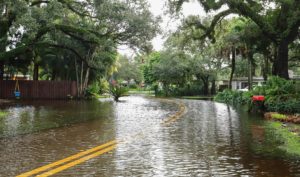
New Hybrid Economic Model Unites Capitalism and Democracy; Could it Unite Americans as Well?
Touted as ‘Democracy’s Version of Capitalism’, New Economic platform calls upon Social Science to confirm its validity. Once approved, however, would Americans vote to implement it? United States, January 19th, 2022 – The Third Option announced Wednesday that it has fashioned a platform capable of sustaining an “infinitely recyclable economy,” and has called upon the …
Calling all Social Scientists: This is Your Time
Calling All Social Scientists (Part II)
Open Letter To Economists
Democracy: Why We Always Get It Wrong
OK, So How are We Going to Get This National Bank?
This Is What We Are Doing
The Third Option believes we have figured out the formula for true Economic Democracy. Economically, it is 100% sound, 100% feasible, and 100% necessary (if we wish to keep the United States intact for another 250 years).
Plan A
Is our attempt to be fair, and let economists have the first ‘shot’ at utilizing the tenets of economics to fashion a more human-driven (versus profit-driven) version of resource allocation; one that can no longer be captured or controlled by any ‘special interests.’
Unfortunately, economists (like everyone else) fear to stray beyond their role as servants of some alleged ‘free market,’ to which they have sworn allegiance; if “our budgets get cut then we don’t deserve to get paid.” This, in a nutshell, is the problem with all institutions: they are inherently vulnerable to capture and control by ‘special interests,’ whereby the rest of us are forced to serve those interests if we wish to eat. The Third Option understands that it is a ‘tough ask’ to expect economists to ‘bite the hand that feeds them,’ but the people need leaders, and sometimes experts make good leaders.
Plan B
Our Plan B (already in effect as well) involves offering all Social Science a similar deal: to form their own interdisciplinary ‘coalition,’ where each field contributes their unique piece of the puzzle toward a big picture—or ‘Unified Theory’—of Economic Democracy, for peer review strictly amongst themselves. Everyone needs a purpose, and those passionate about the ‘science of people’ would hopefully jump at the chance to actually utilize their knowledge toward empowering people, versus merely recording their suffering at the hands of the current economy, in some dispassionate way.
Plans C – Z
Don’t worry, if Plan B fails, The Third Option has a Plan C through Z; each one of us has cowardly passed the buck onto anyone who would be our savior, which is why we continue to remain an oppressed people. In the end, however, it will take all of us to achieve Democracy, so take a deep breath, because your name may be coming up next.
Step 2: This Is What You Can Do for Us
“Democracy does not require perfect equality, but it does require that citizens share in a common life.”
Michael Sandel
